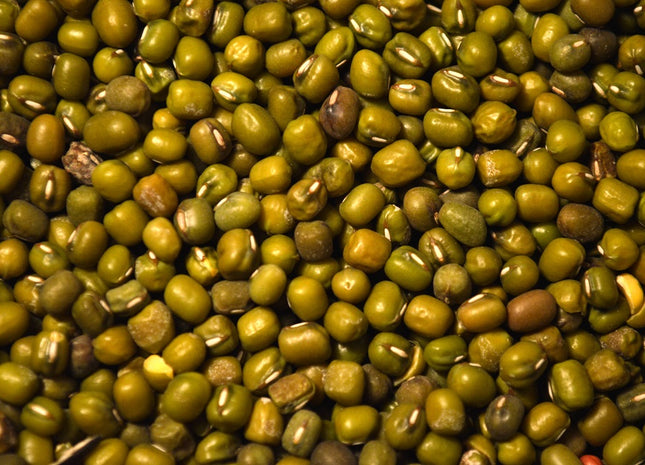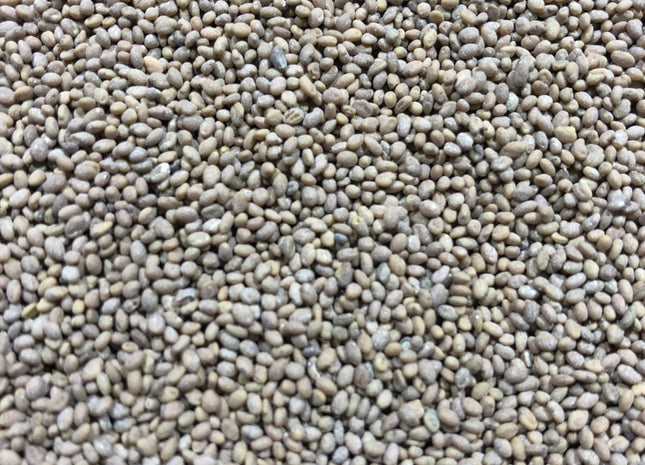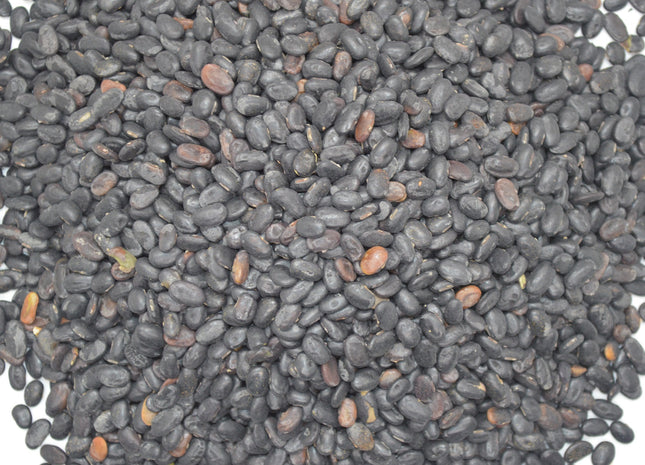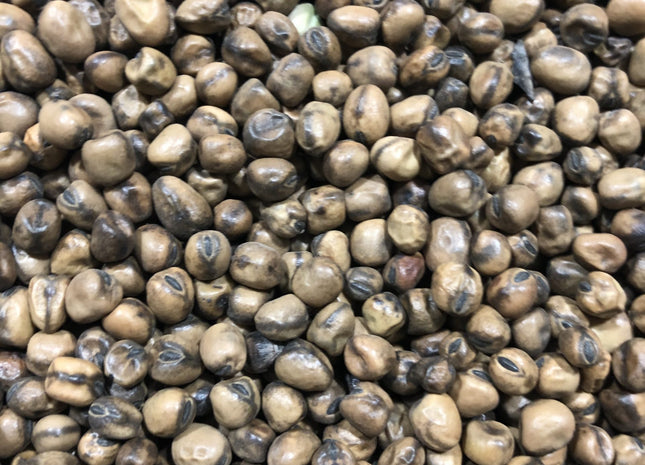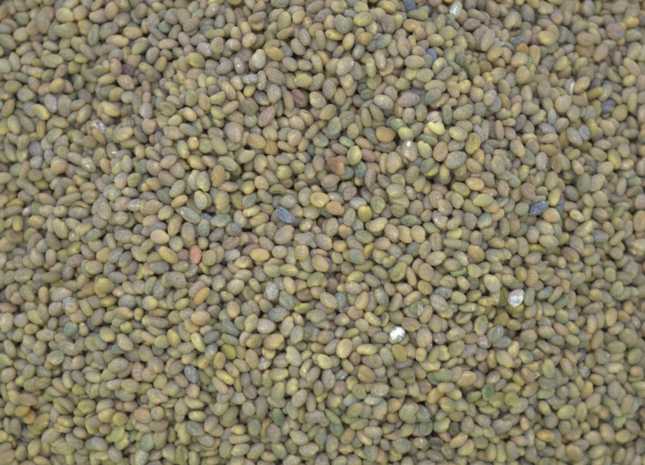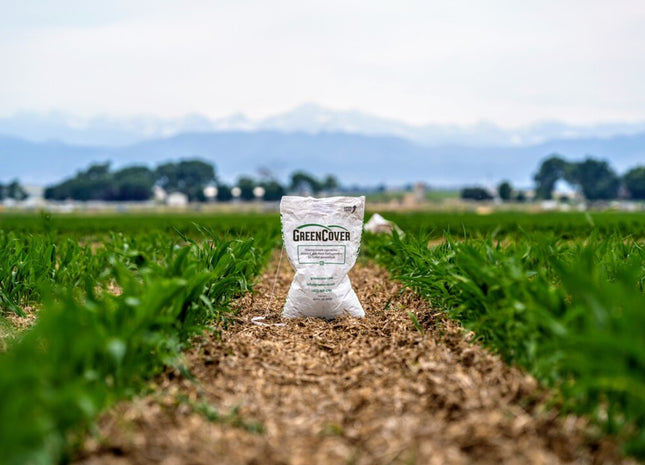Legumes
- Out of Stock

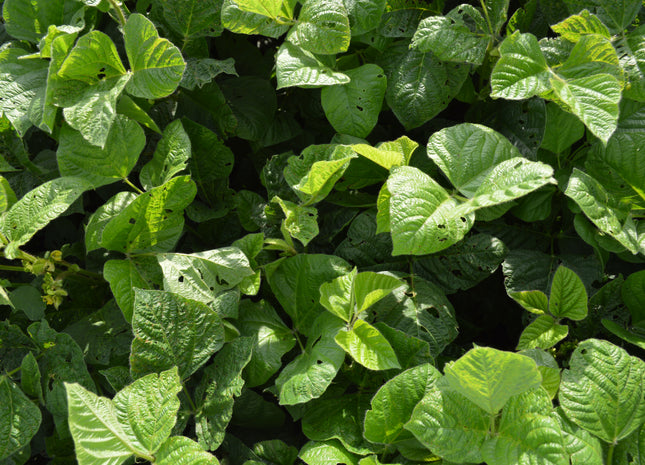
Mung Beans
Mung beans are a warm-season legume known for their remarkable heat tolerance and drought resistance. They exhibit rapid growth, maturing in just 65 days. One advantage of mung beans over cowpeas is that their seed pods remain intact, unlike cowpeas, making them an excellent source of late-fall protein for grazing livestock or wildlife. However, it's important to note that mung beans are highly susceptible to cold weather and require a minimum of 60 frost-free days to ensure successful growth. They can be used for both hay production and grazing and are compatible with peanut inoculant. Mung beans typically reach a height of around 3 feet and have a low to medium water usage. Their strengths lie in nitrogen fixation, forage production, and hay production.
from $1.36 per lb

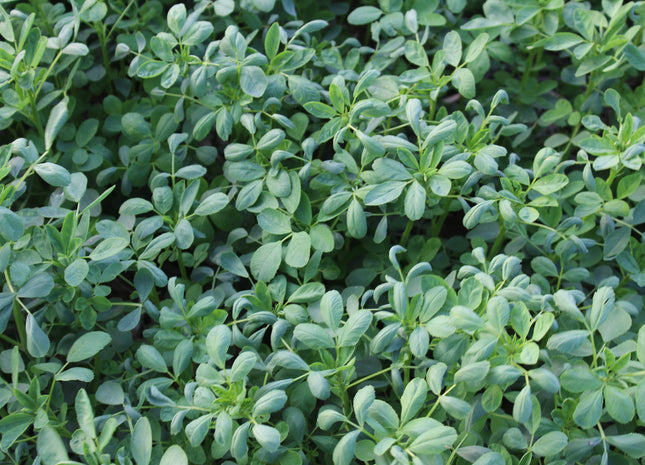
Sweet Clover (Hubam White) - OMRI Inoculated
Hubam White Sweet Clover can produce up to 9,000 lbs dry matter per acre over a summer after being oversown into a grain crop or direct seeded with a spring grain nurse crop. While its taproot is shorter and more slender than that of its biennial cousins, it still loosens subsoil compaction. Annual sweetclovers work best in the Deep South, from Texas to Georgia as they are not frost tolerant. There, they establish more quickly than the biennial types and produce more biomass in the seeding year in southern regions.
from $3.61 per lb

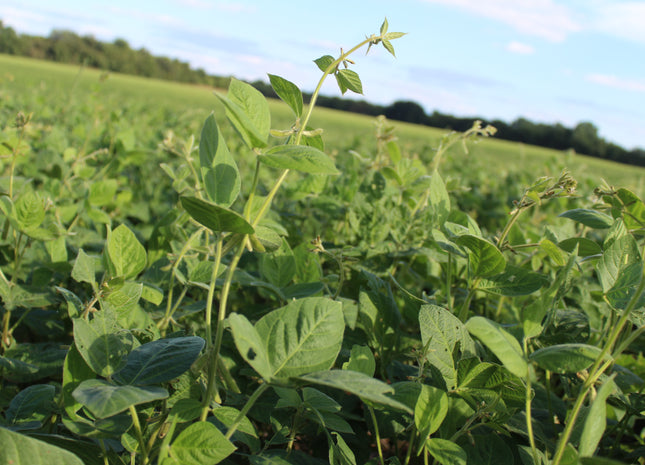
Forage Soybeans (Laredo)
Laredo Soybeans are an older soybean variety that is distinguishable from most other soybean varieties since the seed is black in color. This non-GMO forage soybean is an excellent addition to grazing and haying mixes. If you already use soybeans in your rotation, however, we recommend staying away from the forage soybeans as they can carry disease that could affect your soybean crop.
from $1.60 per lb

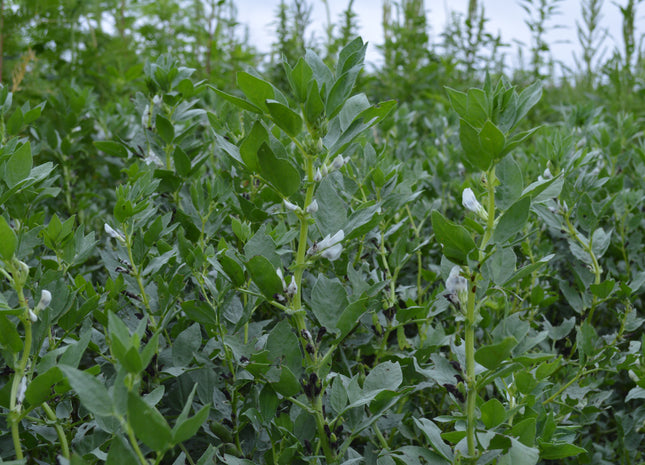
Faba Bean
Faba beans are one of the oldest plants under cultivation, having been grown in ancient Greece and Rome. Unlike other beans, they can tolerate cool, wet soils. While they may not overwinter in much of the US, they can survive a light frost which is advantageous if planted in a fall or spring mix. As a legume, these beans will fix nitrogen in the soil for other plants to use. Their tremendous root system will help break compaction and hold soil in place. Faba beans do not like heat and when the plants die they turn black.
from $0.85 per lb

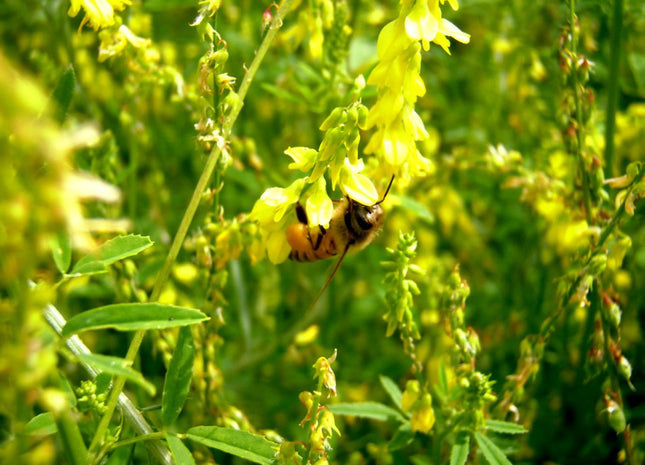
Sweet Clover (Yellow Blossom) - OMRI Inoculated
Yellow blossom sweet clover is not a true clover but is probably more closely related to alfalfa. Sweet clover leaves look much like alfalfa, but the margins of sweet clover leaflets are serrated around their entire edge whereas alfalfa is only serrated on the tip. It is typically a biennial, grows 2-6 feet high, and as the name implies, produces yellow flowers. When compared to the white flowering types of sweet clover yellow blossom blooms roughly 2 weeks earlier. It also matures earlier, usually grows less upright, possesses finer stems, and is less productive and less winter-hardy. However, yellow blossom sweet clover persists better in pastures and tolerate adverse conditions better than white varieties. In temperate climates with mild summers it can survive and thrive through a second year of production. Yellow blossom sweet clover adds lots of nitrogen and organic matter to a system.
from $3.75 per lb
- Out of Stock

Non-GMO Soybeans (KS5120NS)
These non-GMO soybeans are an excellent addition to a summer grazing crop, a post-small grain nitrogen fixing crop, or as a food plot for wildlife. It's a group 5 bean with indeterminate growth habit so the forage production potential is very high. This is a great, high protein forage for livestock.
from $1.00 per lb

